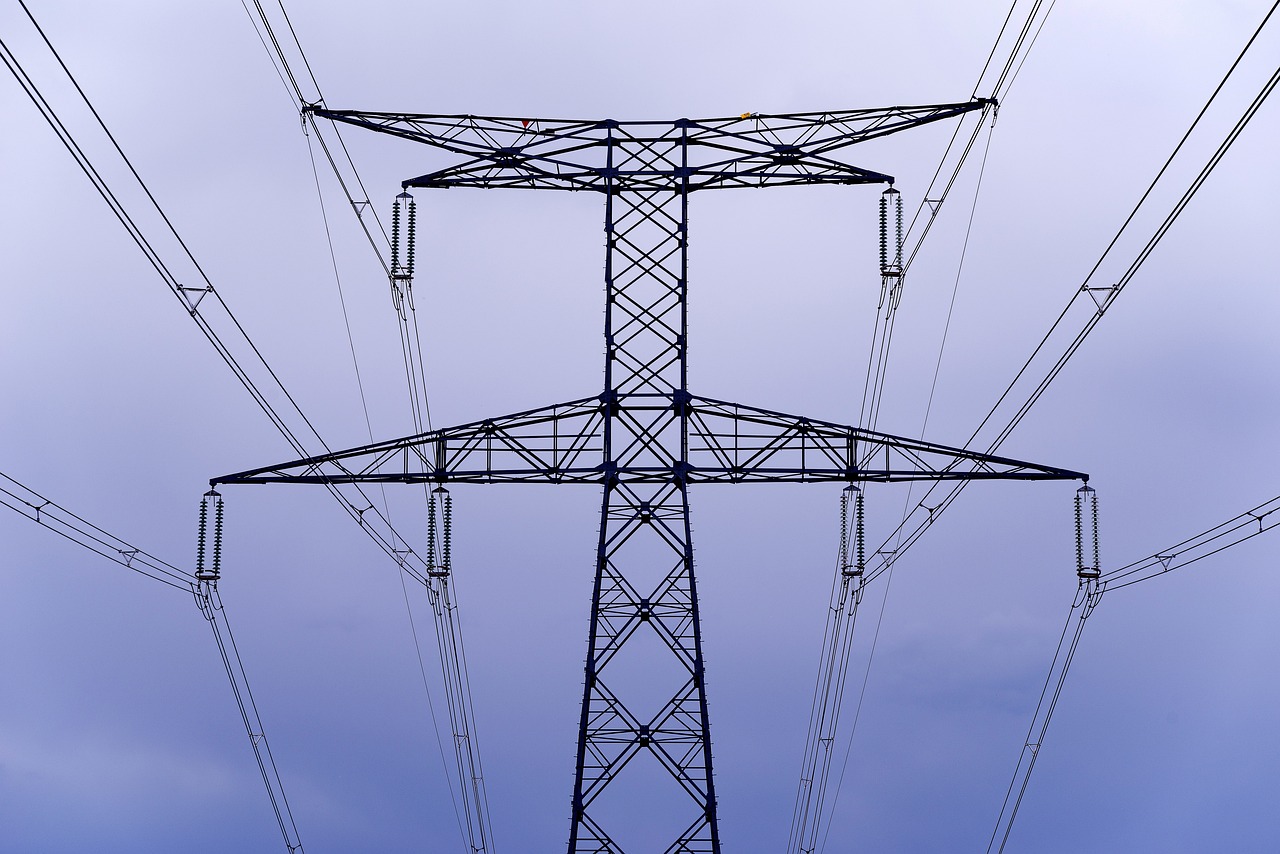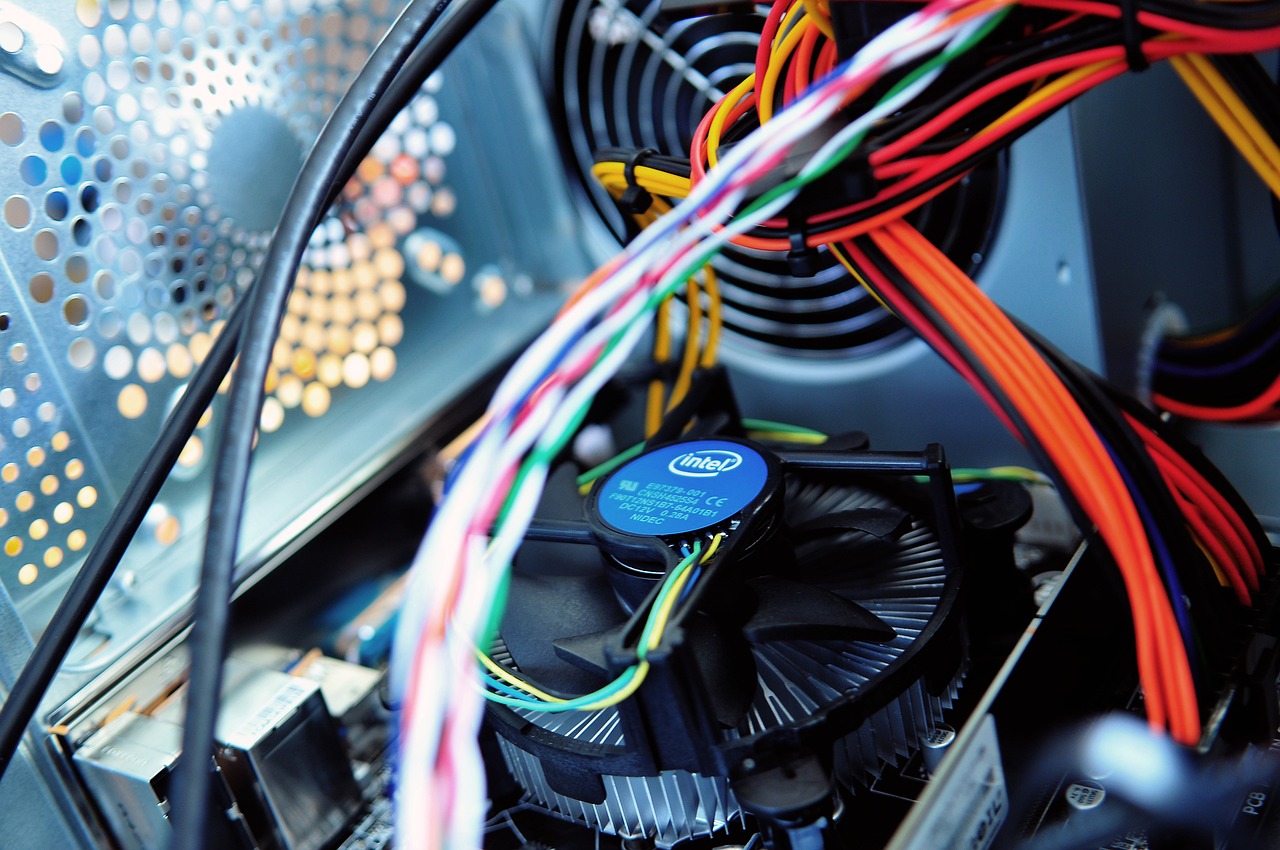Do you rely on power equipment to get the job done? Whether you’re a contractor, landscaper, or DIY enthusiast, your power tools and machines are essential to completing your work. But do you take the time to inspect them regularly?
Neglecting to inspect your power equipment can lead to unexpected breakdowns, safety hazards, and costly repairs. That’s why regular inspections are crucial for ensuring safe and efficient operation.
When it comes to power equipment, a little maintenance goes a long way. By inspecting your tools and machines on a regular basis, you can identify potential safety hazards, improve their performance, and prevent unexpected breakdowns. In addition, regular inspections can help you save money in the long run by catching small problems before they turn into major repairs.
So don’t wait until something goes wrong to take a closer look at your power equipment. With just a little effort, you can ensure that your tools and machines are functioning at their best, keeping you safe and productive on the job.
Preventing Unexpected Breakdowns
It’s crucial to avoid sudden malfunctions by keeping an eye on your machinery. By doing regular inspections, you can prevent unexpected breakdowns and avoid costly repairs.
Preventative maintenance is key to ensuring that your power equipment runs smoothly and efficiently. Regular inspections also help prolong the equipment’s longevity. By catching potential issues early on, you can address them before they become bigger problems.
This not only saves you money in the long run, but it also ensures that your equipment stays in good condition and operates at its best capacity. So don’t neglect regular inspections – they’re a small investment that can have a big payoff.
Identifying Potential Safety Hazards
Identifying potential safety hazards is crucial when it comes to ensuring the well-being of those operating machinery. Common hazards that can arise in power equipment include electrical shock, malfunctioning parts, and exposure to hazardous materials. These hazards can lead to serious injury or even death if left unchecked.
That’s why it’s essential to conduct regular inspections of your power equipment to identify any potential risks. To identify potential safety hazards, a thorough risk assessment must be conducted. This assessment should include a detailed examination of all equipment components, including electrical wiring, moving parts, and safety features.
By identifying potential hazards before they become a problem, you can take preventative measures to ensure the safety of those operating the power equipment. Regular inspections and risk assessments are essential for maintaining a safe work environment and preventing accidents that can lead to costly lawsuits, downtime, and loss of productivity.
Improving Equipment Performance
To up your game in the machinery world, it’s all about enhancing the performance of your gear. Regular inspections and maintenance play a crucial role in improving equipment performance. Optimizing maintenance helps identify small performance issues before they turn into major problems.
When you take care of your equipment, you can minimize downtime and increase reliability. By conducting regular inspections, you can identify wear and tear on components and replace them before they fail. This proactive approach ensures your equipment runs smoothly and efficiently.
Additionally, you can also identify areas for improvement, such as upgrading outdated equipment or implementing new technology. All of these steps help increase reliability, reduce maintenance costs, and extend the lifespan of your equipment. By prioritizing regular inspections and maintenance, you can stay ahead of potential issues and ensure your power equipment is performing at its best.
Saving Money on Repairs
Want to save money on repairs? Here’s how you can keep your gear running smoothly and efficiently without breaking the bank.
One of the best cost-effective maintenance strategies is to conduct regular inspections on your power equipment. By doing so, you can easily identify and fix any issues before they become major problems, which can save you a lot of money in the long run.
Proactive measures such as changing the oil, checking the belts and hoses, and replacing worn-out parts can help prevent breakdowns and extend the life of your equipment. Additionally, avoiding overworking your machines and using them properly can also help prevent costly repairs.
By investing in regular inspections and proactive maintenance, you can keep your power equipment running smoothly and efficiently, while also minimizing the need for expensive repairs.
Ensuring Safe and Efficient Operation
Make sure you’re using your gear safely and efficiently by following these easy tips.
First and foremost, it’s crucial to train your employees properly. They need to know how to operate the equipment safely and how to recognize any potential hazards. This will not only ensure their safety but also the safety of those around them.
Another important aspect of ensuring safe and efficient operation is regulatory compliance. Regular inspections are required by law to ensure that your equipment is up to code and functioning properly. This will not only help prevent accidents but also help you avoid costly fines and legal issues.
By taking these steps, you’ll not only keep your employees safe but also save money in the long run.
Frequently Asked Questions
How often should power equipment be inspected?
To ensure the safety and efficiency of your power equipment, regular inspections are crucial. The frequency of these inspections will depend on the type of equipment and how often it’s used.
For example, a generator used frequently for emergency power should be inspected more often than a backup generator that rarely sees use. Maintenance should also be performed regularly to keep your equipment in top shape.
Neglecting inspections and maintenance can lead to costly repairs and even dangerous accidents. So, make sure to stay on top of inspections and maintenance to keep your power equipment running smoothly and safely.
What types of equipment should be included in regular inspections?

To ensure the longevity of your power equipment, it’s essential to conduct preventive maintenance regularly. This includes inspecting various types of equipment, such as generators, engines, and compressors.
By conducting these inspections, you can identify and address any potential issues before they become significant problems, ultimately extending the lifespan of your equipment. Preventive maintenance also helps to reduce downtime and repair costs, ensuring that your equipment operates efficiently and effectively.
So, make sure to include all necessary equipment in your regular inspections to keep your power equipment running smoothly and reliably.
Are there any specific regulations or standards that dictate inspection requirements?
Navigating inspection regulation compliance can feel like walking through a maze. It’s crucial to stay up-to-date with the latest regulations to avoid any potential legal repercussions. With industry-specific requirements that vary from state to state, it’s important to ensure your equipment is operating safely and efficiently. Ignoring these regulations is like driving a car without brakes – it’s only a matter of time before disaster strikes.
To ensure your compliance, it’s important to stay informed on the latest inspection requirements and comply with them accordingly.
What qualifications should an inspector have to perform inspections on power equipment?
To perform inspections on power equipment, inspectors must meet certain qualifications. Generally, inspectors should have a strong understanding of mechanical systems and electrical components. Certification programs are available and can provide inspectors with the necessary knowledge and skills to perform thorough and accurate inspections. These programs often require a combination of classroom instruction and hands-on training to ensure that inspectors can identify potential hazards and recommend appropriate maintenance or repairs.
When choosing an inspector, it’s important to verify their qualifications and ensure that they have the necessary training and certification to perform the job safely and effectively.
How can a business ensure that their power equipment inspections are thorough and comprehensive?
To ensure thorough and comprehensive power equipment inspections, you can start by creating an inspection checklist that covers all essential components and systems. This checklist should include items such as the condition of electrical wiring, fluid levels, and the performance of safety features.
Additionally, it’s important to be aware of common maintenance issues that can arise with specific types of equipment and ensure that these are addressed during inspections. By following these steps, you can help prevent equipment failure and keep your business running smoothly.
Conclusion
Congratulations, you now understand the importance of regular inspections for your power equipment! By following a consistent inspection schedule, you can prevent unexpected breakdowns and identify potential safety hazards. This not only improves the performance of your equipment, but it also saves you money on repairs in the long run.
But wait, there’s more! Regular inspections also ensure safe and efficient operation. Don’t let your equipment run amok and potentially cause harm or damage. Instead, take control and implement a routine inspection schedule to keep everything running smoothly.
Remember, prevention’s always better than cure. So, don’t delay, inspect today!








